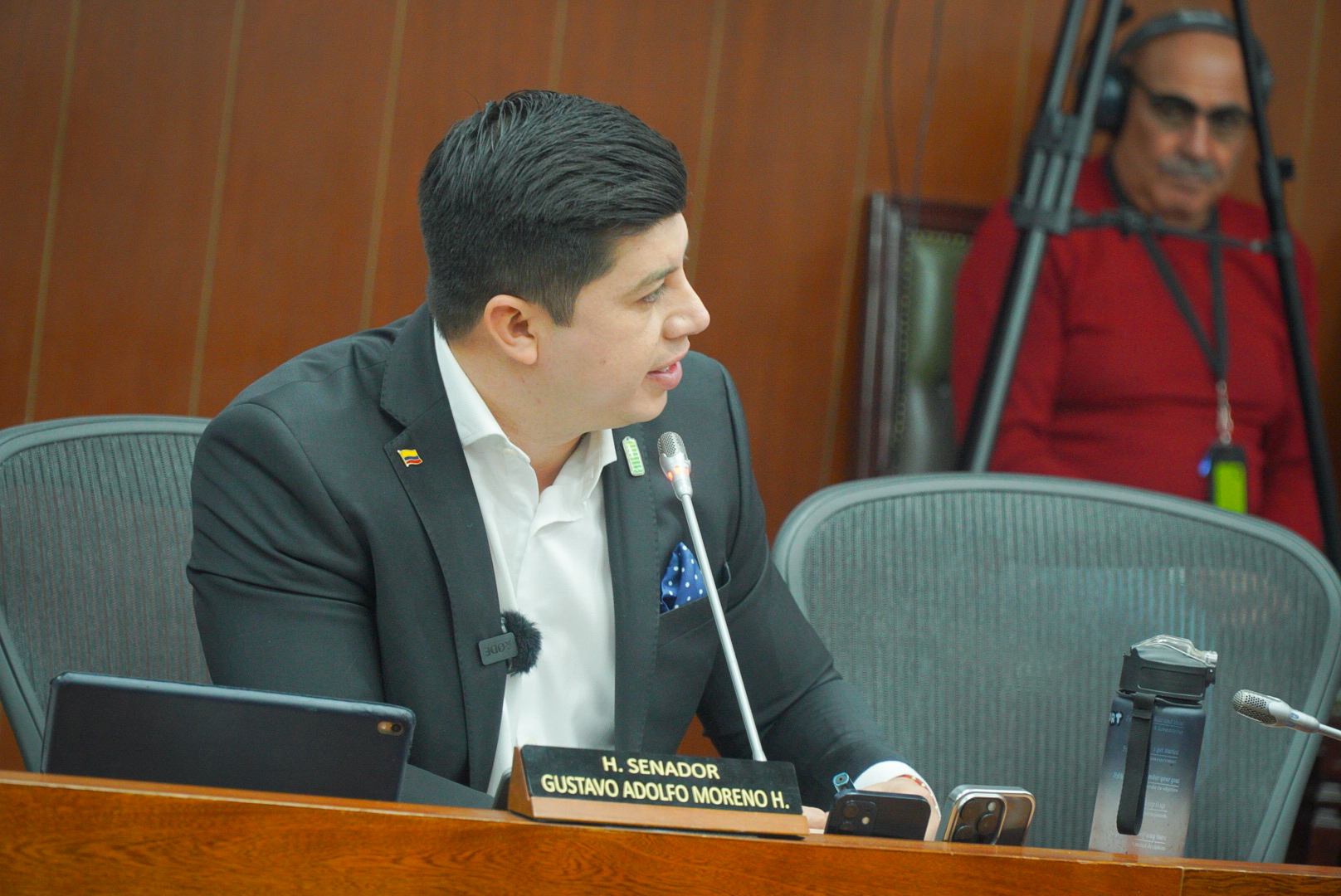A bill seeks to regulate sanitary controls in swimming pools in Colombia, following the case of a minor who died in Santa Marta.

A vacation in Santa Marta ended in tragedy for the family of Stefanía Villamizar González when the minor, originally from Santander, died in 2023 after contracting the amoeba Naegleria fowleri , a parasite that usually lives in warm, stagnant waters.
Her case brought attention to a disturbing reality: in Colombia, regulations governing the maintenance of swimming pools and hot tubs fall far short of these health threats .
That episode, which shocked the country, gave rise to a bill currently before Congress. It's Initiative 066 of 2025 , led by Senator Gustavo Moreno , who insists that the country cannot continue to be exposed to preventable tragedies. "Stefanía's case revealed a disturbing reality: our pools and jacuzzis lack rigorous sanitary controls , and that represents a risk for all Colombians," said the congressman.
The proposal requires all swimming pools and hot tubs nationwide to undergo periodic physical, chemical, and microbiological water analyses, in accordance with international standards . These results must be reported to the competent authorities, and the Ministry of Health will be responsible for issuing the single regulations that unify inspection, surveillance, and control criteria.
"The water supply must be maintained at all times clean and safe, meeting the hygiene and sanitation requirements established by the Ministry of Health and Social Protection, which within six months of the entry into force of this law must issue the single format or inspection reports for compliance with the inspection, surveillance, and control of hygiene and sanitation requirements," explains Senator Moreno.

Senator Gustavo Moreno, author of the bill. Photo: Courtesy
Additionally, the project proposes that factors such as the size of the pool, the number of users, and the climatic conditions of the site must also be taken into account , all of which must be adjusted to the regulations issued by the Ministry of Health.
Economic sanctions and closures for those who do not comply Regarding sanctions, Moreno warned that the bill seeks fines that could reach up to 1,500 minimum wages and temporary or permanent closure of repeat offenders . Thus, noncompliance with the regulations will be sanctioned gradually:
- First offense: the establishment will be fined with an amount between fifty (50) and one thousand (1,000) current legal monthly minimum wages (SMMLV), and the temporary closure of the pool or pool system will be ordered for up to five days.
- Second offense: If it occurs within six months of the first, the fine will range between one hundred and one thousand five hundred SMMLV, and the temporary closure may extend between five and fifteen days.
- Third offense: If it occurs after six months from the first violation, the establishment will be permanently closed.
Fines must be paid to the municipality where the violation occurred. These funds will be allocated to a special fund for monitoring and promoting compliance with this law.
In debate Although the initiative had been approved in four legislative debates, it was shelved last June due to a lack of conciliation between the Senate and the House. However, on July 22, it was refiled in the House of Representatives, restarting its process.
Its proponents hope that the process will move forward quickly and that the four required debates will be completed as soon as possible , with the goal of ensuring pool safety for tourists, athletes, and all users in general.
eltiempo




%3Aformat(png)%3Aquality(99)%3Awatermark(f.elconfidencial.com%2Ffile%2Fa73%2Ff85%2Fd17%2Fa73f85d17f0b2300eddff0d114d4ab10.png%2C0%2C275%2C1)%2Ff.elconfidencial.com%2Foriginal%2Fdfc%2F122%2Fca4%2Fdfc122ca440ff48d3f04b61e22870d86.png&w=3840&q=100)
%3Aformat(png)%3Aquality(99)%3Awatermark(f.elconfidencial.com%2Ffile%2Fa73%2Ff85%2Fd17%2Fa73f85d17f0b2300eddff0d114d4ab10.png%2C0%2C275%2C1)%2Ff.elconfidencial.com%2Foriginal%2F0c4%2Fa48%2Fdb1%2F0c4a48db105bbd4f3b91a7b00922c665.png&w=3840&q=100)